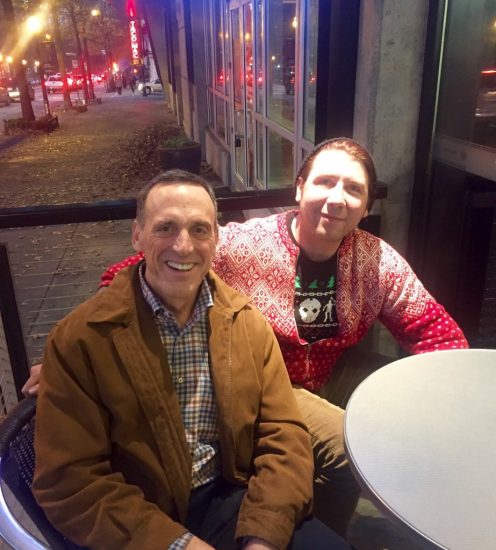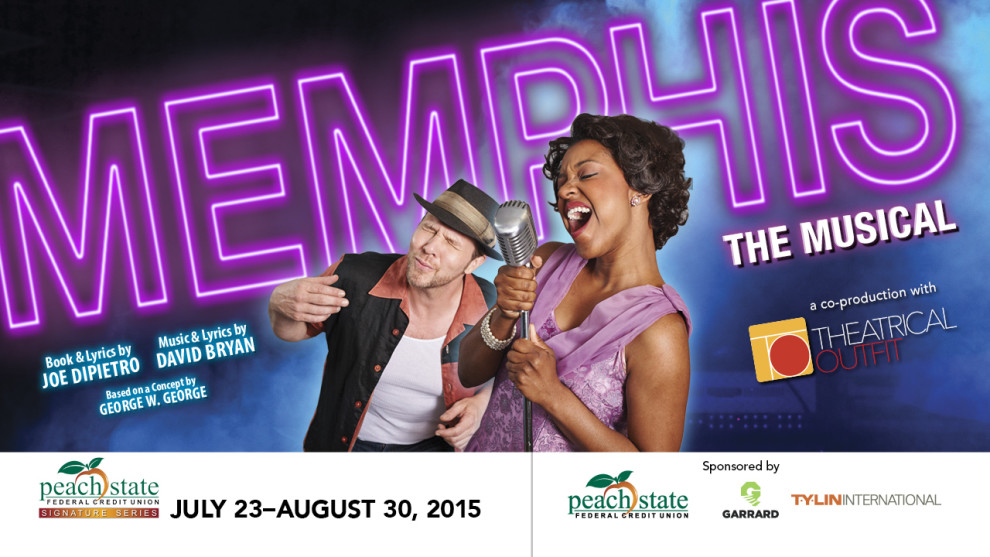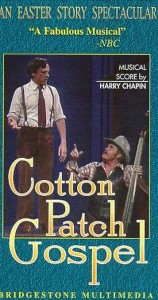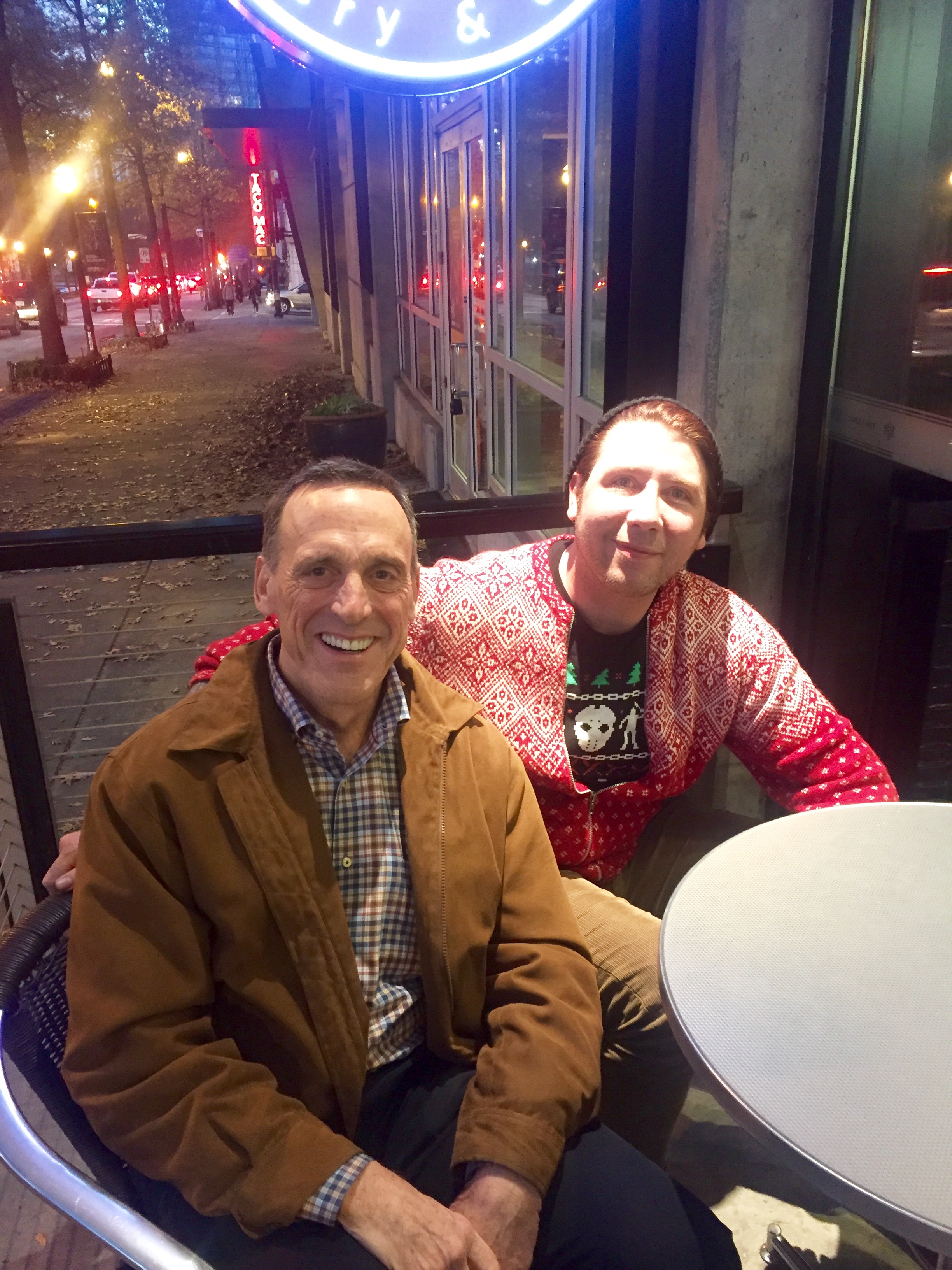“Giving Dramatic Voice To Who We Are As Southerners”: A Conversation With Tom Key & Topher Payne
 Editor’s Note From December Eldredge ATL Guest Editor Topher Payne: I’ve never worked at Theatrical Outfit, and up until a few weeks ago I’d never had a proper conversation with the theatre’s Artistic Director, Tom Key. But I’ve been a fan of his work since I came to Atlanta sixteen years ago. I love how Tom is drawn to stories that ask big moral questions without making a big deal about it. There’s an accessibility and relatability in Tom’s storytelling, whether as an actor, writer or director.
Editor’s Note From December Eldredge ATL Guest Editor Topher Payne: I’ve never worked at Theatrical Outfit, and up until a few weeks ago I’d never had a proper conversation with the theatre’s Artistic Director, Tom Key. But I’ve been a fan of his work since I came to Atlanta sixteen years ago. I love how Tom is drawn to stories that ask big moral questions without making a big deal about it. There’s an accessibility and relatability in Tom’s storytelling, whether as an actor, writer or director.
I believe a person’s faith — whatever their personal beliefs may be — is meant to bring them closer to the world, not remove them from it. Tom Key achieves that, and through the power of live theatre, he’s found a way to share that with audiences. He’s been a role model for me for quite some time.
In January, Theatrical Outfit marks two decades of his leadership. As he approaches that milestone, we sat down for a cup of coffee and discovered our shared passions for dreaming big, laughing loud, and celebrating Atlanta.
It’s a balmy December afternoon and Theatrical Outfit artistic director and actor Tom Key and Atlanta playwright and actor Topher Payne are convening a meeting of their mutual admiration society at a Sweet Hut Bakery sidewalk café table on Peachtree Street in Midtown. As MARTA buses and pedestrians whoosh by, Key, a native of Birmingham and Payne, who hails from Kosciusko, Mississippi, discuss their shared love of telling uniquely Southern stories in darkened windowless rooms, their favorite Southern-set TV show and why each continues to stay in Atlanta when options abound elsewhere. I was lucky enough to eavesdrop and play secretary.
Eldredge: Topher, how did you first learn about Tom Key’s career when you got to Atlanta?
Payne: He was one of the guys with a socket wrench, making it happen. Now that I’m in my mid-30s, I’m aware of all the things I don’t know. When I moved here at age 19, I had no idea about all the things I didn’t know. It was a much more comfortable place (laughs). Tom Key was a name you heard over and over. He was one of the guys putting in the work here.
Eldredge: Tom, what impressed you about Topher?
Key: He gave a great interview to ArtsATL where he talked about the value of working in Atlanta and in the South and supporting the artists here. It made me want to have coffee with him so we did!
Eldredge: One thing I’ve always loved about Atlanta’s theatre community is how the people in it support each other’s work. For example, everyone I know was huddled around the TV to watch Kenny Leon’s live broadcast of “The Wiz” on NBC this month. There was this sense of community pride, right?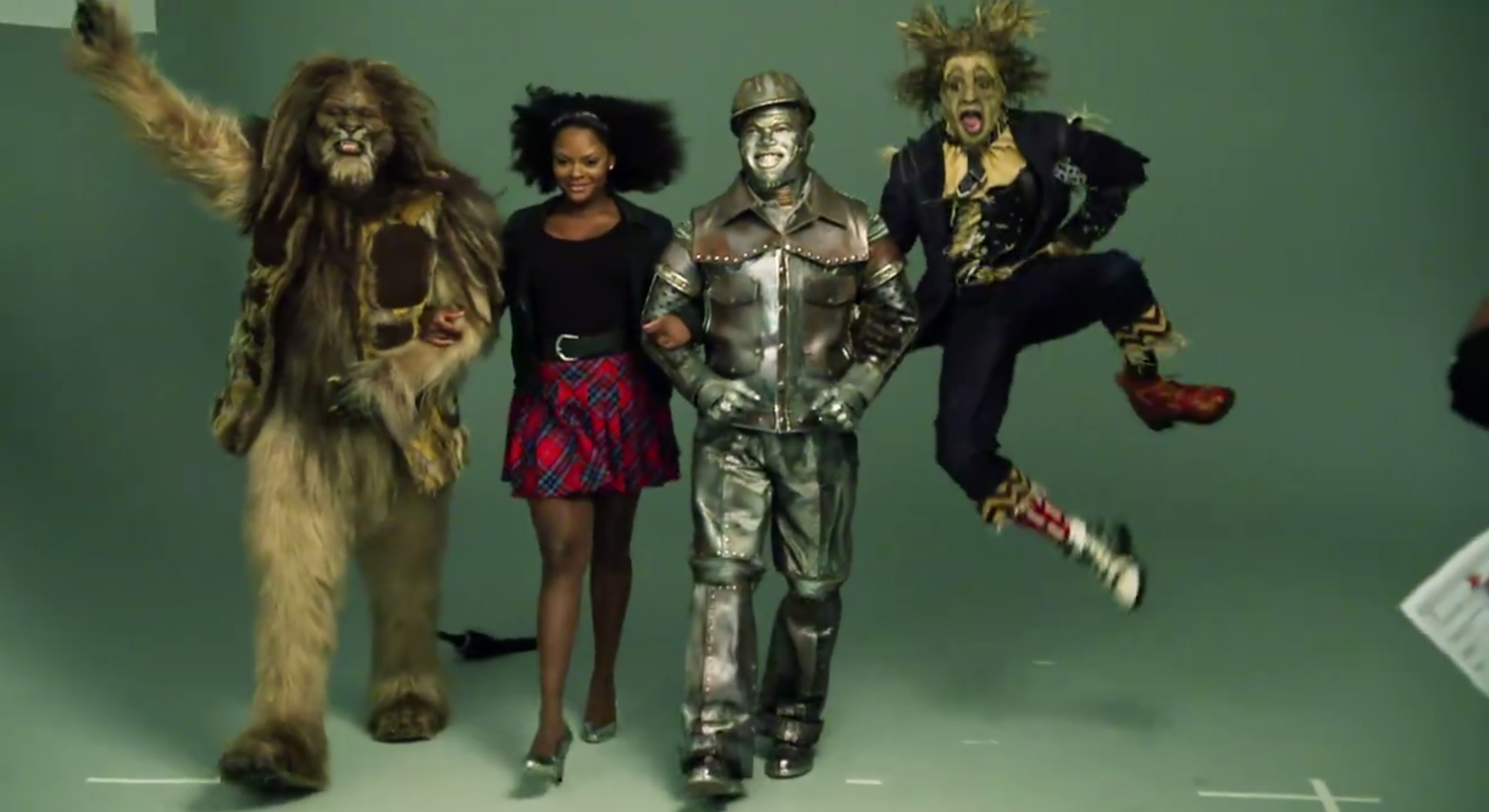
Key: It was absolutely amazing.
Payne: It was just like when Kenny won our Tony for Best Director [in 2014 for “A Raisin in the Sun”]!
Key: I was able to see “Fences” when he directed it on Broadway but because of performance schedules here, I didn’t get to see “A Raisin in the Sun.”
Payne: I tried to go but I couldn’t afford the tickets so GO, Kenny! (laughs).
Key: (laughs) Right?! I loved reading the New York Times review that stated that 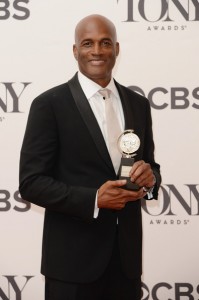 Kenny had broken new ground in the interpretation of that play. That was thrilling to read, especially since I had seen him play [Walter Lee Younger] in the 1980s at the Alliance. He went on to direct it numerous times as well. It was exciting to see him approach it, master it and then take the work even further.
Kenny had broken new ground in the interpretation of that play. That was thrilling to read, especially since I had seen him play [Walter Lee Younger] in the 1980s at the Alliance. He went on to direct it numerous times as well. It was exciting to see him approach it, master it and then take the work even further.
Eldredge: And even with all his national success, he still keeps a hand in his work at True Colors Theatre here where the Hard Rock Café hosted a viewing party for “The Wiz” as a benefit for True Colors.
Key: Exactly. Atlanta is such a great creative home base for him. Did you know I was in the first play he ever directed at the Alliance?
Payne: Really? Wow.
Key: It was Bill Nunn, David Milford and me in a play called “T Bone N Weasel.” From then on, I had on my Kenny Leon cheerleading uniform and I was jumping up and down. By the way, here was Kenny’s idea of an audition for me when he was first looking for someone to play Scrooge in “A Christmas Carol.” He stopped me in the hall on the way to rehearsal and asked if I could do an English accent. I said, “Yeah.” He said, “OK, let me hear it.” So I did a bit of it for him. Next thing I knew I was getting a call, telling me I was cast!
Payne: (laughs) That was your entire audition?! That’s amazing.
Eldredge: Topher, this fall, your play “Perfect Arrangement” opened Off-Broadway and got rave reviews. Tom, in the 1980s, you were only in Atlanta a matter of weeks when you got a job offer to relocate to New York. What keeps both of you rooted here? 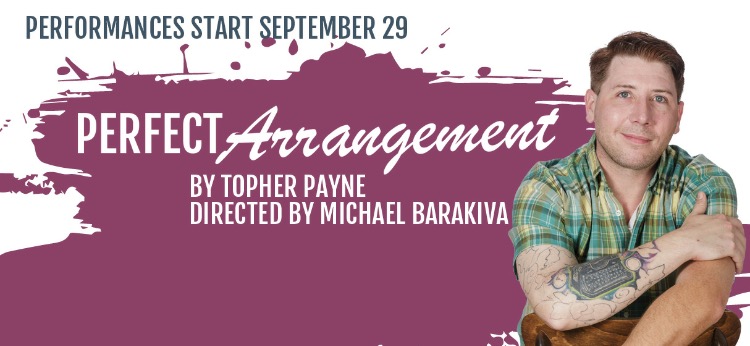
Payne: I’m well aware in order to build my own credibility and to strengthen myself as an artist, that may require me to spend time away from the city. But everyone who is making decisions about my career understands the path always leads back here. I’m trying to build up our exporting business!
Eldredge: Tom, I love your analogy about New York being the state fair and recognizing that the prize tomatoes on display aren’t grown there but elsewhere.
Payne: And who the hell wants to live at the state fair? You can’t sustain yourself on corn dogs and cotton candy.
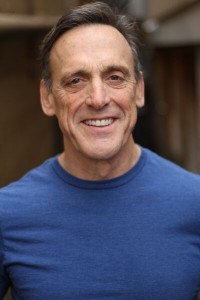
Key: (laughs) Right! That was a helpful metaphor for me when I had a decision to make and it helped me to understand why I was grounding myself here. As an artist, the stories, the language, the music and the history of this part of the world at this time in history is home. It’s what I know best. What we’re doing as theatre makers here is try to make classic plays new and new plays classic. This is a very rich, interesting part of the world. Place is significant. Just as we expect British theatre artists to be a step ahead of us doing Shakespeare, I’d like us to eventually to take responsibility for giving dramatic voice to who we are as Southerners.
Payne: Exactly.
Key: One thing that excites me right now is the series “Rectify” on the Sundance Channel created by Ray McKinnon…
Payne: It’s my favorite TV show. It’s unbelievable! It’s the first show I’ve ever seen that absolutely, 100 percent gets it right. They even get the women right, which is such a major thing for me.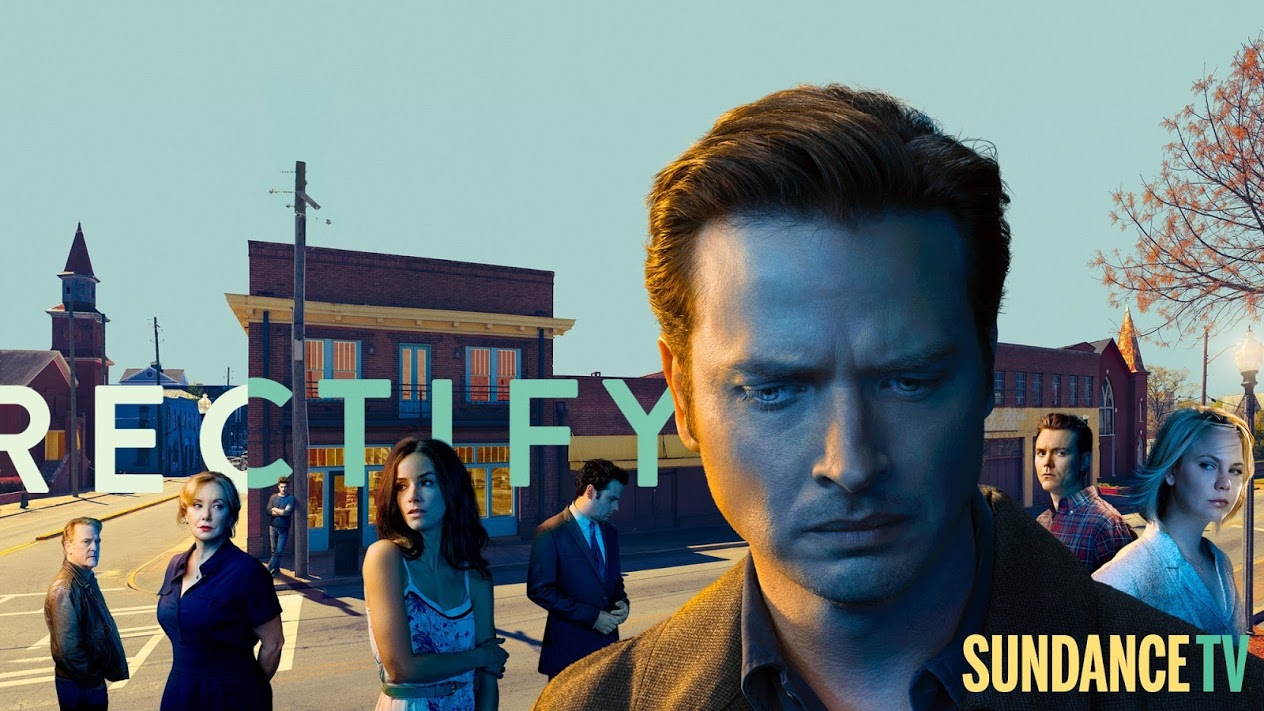
Key: Yes! It’s masterful.
Payne: The women speak from their diaphragms and they have resonant voices. I get so tired of Southern women portrayed as having these tinny, twangy voices. I’m like, “NO. That’s how gay men talk in the South!” Our women have strength!
Key: (laughs) Absolutely, they do.
Payne: I love that show, down to how much of the community action takes place in the Family Dollar store! Those are the people I came from!
Key: Right?! It’s so complex and so rich.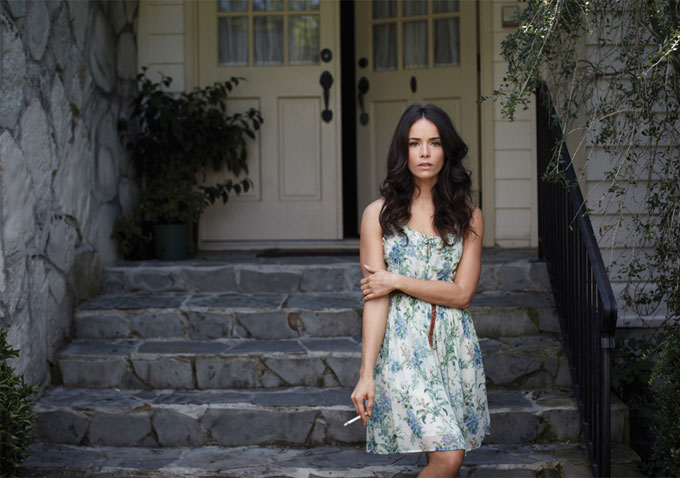
Eldredge: That allows me a great segue way into this. You both have a steadfast dedication to getting it right, writing about and portraying Southerners. Tom, you’re from Alabama, Topher, you’re from Mississippi. What are the challenges of making that a priority?
Payne: Well, my people are Scottish. Where are your people from?
Key: My people are British. I’m actually a descendent of Henry the VIII.
Payne: Shut up. Well, look at you!
Key: I’m not lying! (laughs). Isn’t that wild?
Payne: Where we’re from, there’s a very distinct kind of storytelling. If you don’t take pains to preserve that, everything gets a little muddled.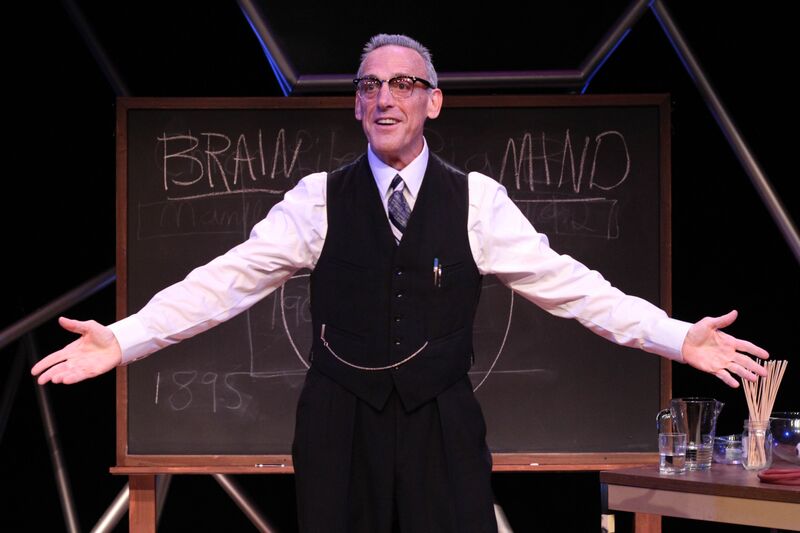
Key: Exactly. It’s about anthropology, immediate and dramatic and present. If you don’t have accuracy in unearthing those clues to who we are, where we came from and where we’re going, then our vision of who we are and how we’re supposed to be together is going to be diminished. Whether I’m acting or directing or writing or producing, it’s kind of like using a Geiger counter. It needs to be told in a certain way. The expertise of us coming from here helps us achieve accuracy. Stereotypes keep us stuck. Someone told me recently that discovering that I get angry is like discovering that Jimmy Carter gets angry! But coming from Alabama, the angrier I get, the more polite I get!
Payne: I do exactly the same thing!
Key: I get extremely diplomatic, extreme politeness and then there’s a cut off, an explosion and then I’m back.
Payne: When I get angry, my entire face goes blank. It’s a lit fuse. It’s just a matter of time.
Eldredge: You both have gone off and done lots of different projects but for you, Tom, there’s always a through-line of race and Topher, you always come back to telling LGBT stories. Tom, you directed a production of the musical “Memphis” this fall precisely when everyone needed to discuss race and Topher, a production of your play “Angry Fags” opened in Florida this fall the same night as the Paris terror attack. How difficult is it to find the courage to stage something, perhaps when we most need to see it and you encounter that resistance?
Payne: Resistance is putting it kindly. It’s been a rough run down in Florida!
Key: Because it’s enjoyed such success, a lot of people don’t realize that “Cotton Patch Gospel” has met with a lot of challenges. People have taken out full-page ads saying, “This is blasphemous. Don’t go see it.” It’s always what people imagine it’s about. This never originates with people who have actually seen the play.
In the production, the Ku Klux Klan portrays the mob who says, “Give us Jesus instead of Barabbas.” I got a call from an outdoor production of the show asking me about what to do because the Klan had phoned and said they would be waiting in the woods with a rifle to kill the actor playing Jesus. Thankfully, the next day it rained and the performance was cancelled! Racism always seems to be right there, beneath the surface.
Payne: And right now, I don’t feel like it’s even beneath the surface. It’s out in the open again. I get so heartsick talking about where we’re at today. I just happened to write a play about domestic terrorism that opened on the night of the Paris terror attack. Sometimes, something you wrote becomes a commentary on that day’s news cycle.
Key: Exactly.
Payne: We cannot behave as though someone is radicalized because they are possessed by some kind of demon. We learn nothing from that and if we learn nothing, we will never be able to stop the behavior. You have to understand the roots of someone feeling so marginalized that they will eventually fight back. That’s what I was saying with “Angry Fags.” I made the two leads good-looking white men because it strips away the notion of “other” from the audience. The entire point was to make you feel uncomfortable. But instead of wringing our hands, we should feel good as theatre artists. We’re paying attention. We’re taking the pulse of the community. We’re writing a response. We’re doing our jobs.

Eldredge: How difficult is it to keep making those artistic decisions to bring thought-provoking, sometimes difficult projects to the stage when you’re faced with negative reviews, canceled season subscriptions or empty seats?
Key: It’s a day-to-day choice for me. So far I’ve found that it’s worth it. Sometimes when things are getting pretty thin and I begin to rationalize giving up, something happens that convinces me to keep going. I got into this business knowing the statistics. I knew the unemployment rate. I knew the annual average income. It was impossible. But my father told me, “If you have a contribution to make, there’s room for you in any industry.” That’s what keeps me going. The possibility that you’re doing something that’s helping.
Payne: And gratitude keeps you from getting strident.
Key: Yes!
Payne: And it’s OK to recognize that on some days, you’re a big deal. You turn on your TV to watch the premiere of “Steel Magnolias” on Lifetime directed by Kenny Leon and there’s Tom Key on your TV. It’s OK to occasionally say, “Wow, maybe, just for today, I’m kind of a big deal!”
Key: Gratitude is a wonderful thing. It keeps us all moving forward. Around Thanksgiving each year, I make gratitude lists and Topher’s name is actually on my gratitude list this year.
Payne: Wow. Thank you, Tom Key. I’m grateful for that and for you agreeing to have this conversation. Thank you.

Richard L. Eldredge is the founder and editor in chief of Eldredge ATL. As a reporter for the Atlanta Journal-Constitution and Atlanta magazine, he has covered Atlanta since 1990.

